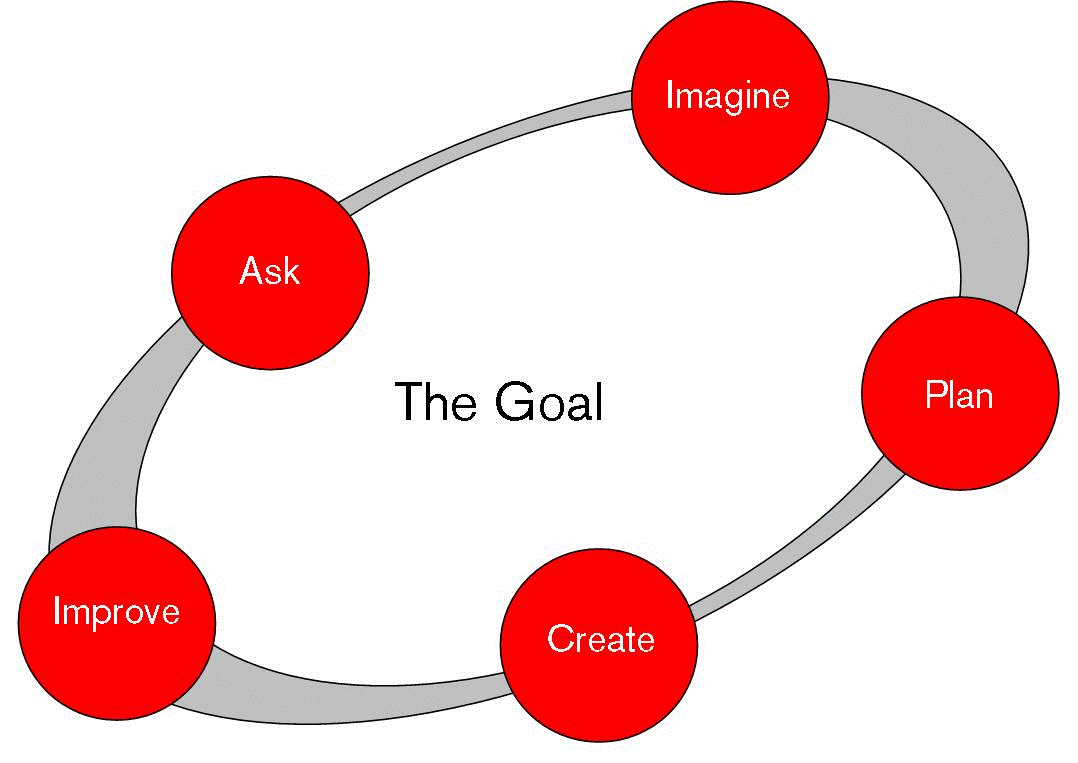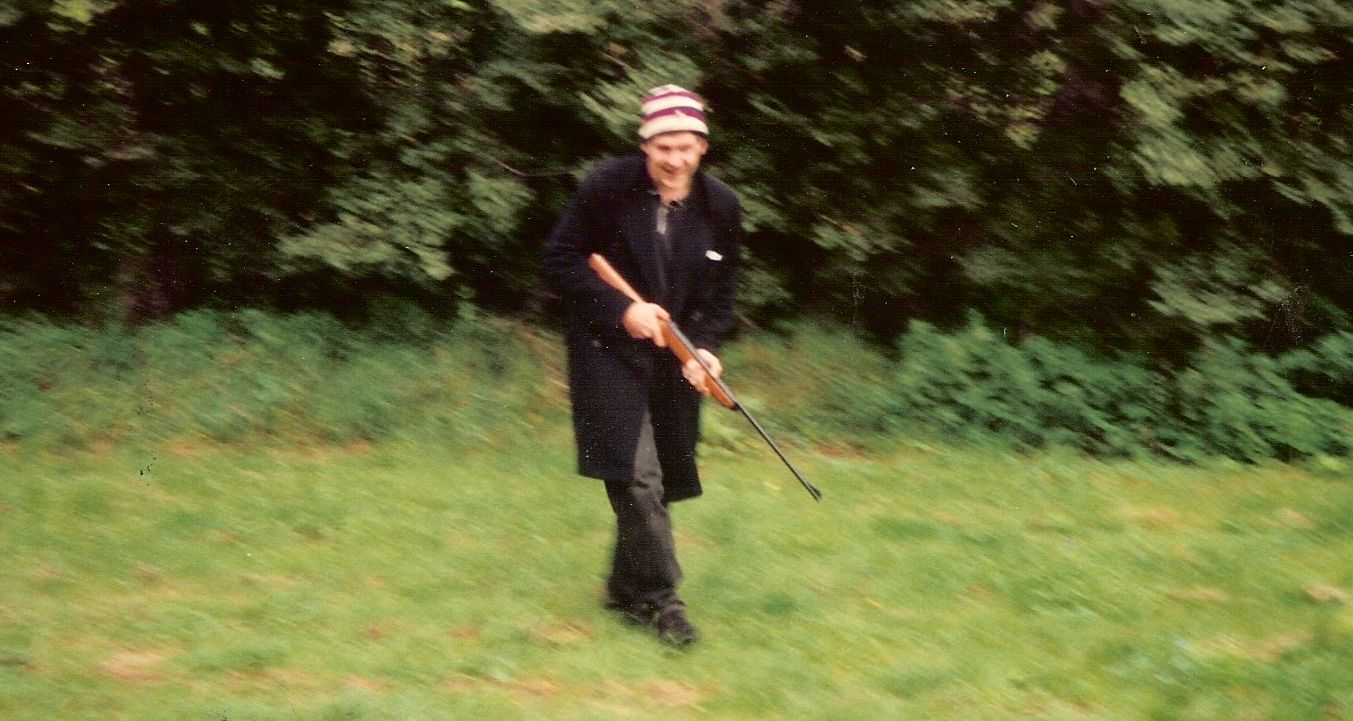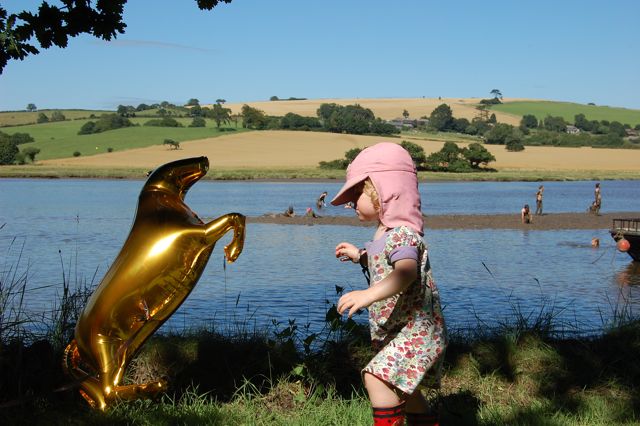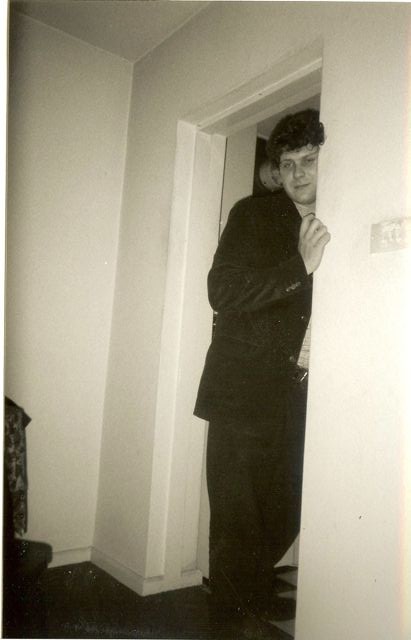My brief appreciation of Sun Ra is at HiLobrow.
To write of SUN RA (1914–93) is to balance Saturn upon an egg cup. He was born Herman Poole Blount in Birmingham, Alabama, a fact he obscured. An unearthly child prodigy, Herman went on to found a swing band and meet with Duke Ellington. Pouring over the Duke’s sheet music, he was emboldened when he discovered that the Duke used dissonance in his rhythms in a way that corresponded to Herman’s own theory of music.
With the onset of the draft for World War II, Herman was briefly imprisoned for conscientious objection. An intellectual, he conducted his own impassioned legal defense but to no avail. Prison brought the unworldly Herman to the edge of suicide. He was afraid of the violence of normal people, and their self-destructiveness, and wrote in his diary that he was indifferent to sex: “My orchestra and the management of it, the arranging and composing, the rehearsing, the developing of potential talent, that is my work and the only earthly pleasure I love.” Total immersion in the imagination demands self-reinvention. He renamed himself Sun Ra and sought out a group of musicians who were equally devoted to their art.
The Sun Ra of popular culture is a high watermark of the far-out. In the film Space Is The Place, Sun Ra quietly mocks the tendency of white counter-culture to project druggy transcendentalism upon his art. Space, he points out, is not just high. It is also as low as a bottomless pit. His incantations are calls to arms — “Space Is The Place,” “Rocket Number Nine Take Off For The Planet Venus” — that sound lonely and desolate. When June Tyson sings “We Travel The Spaceways,” you imagine a massive spaceship with only one passenger.



